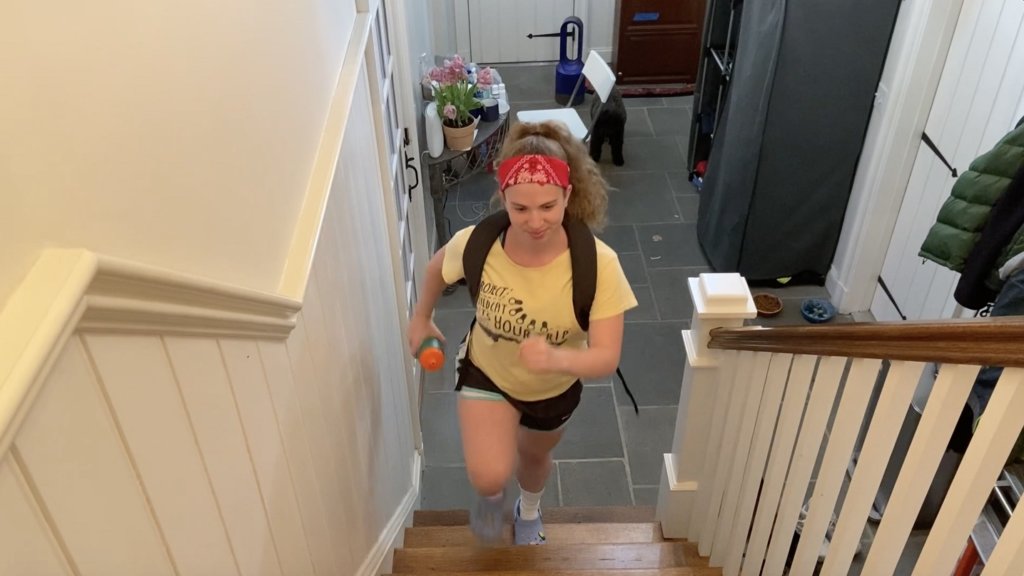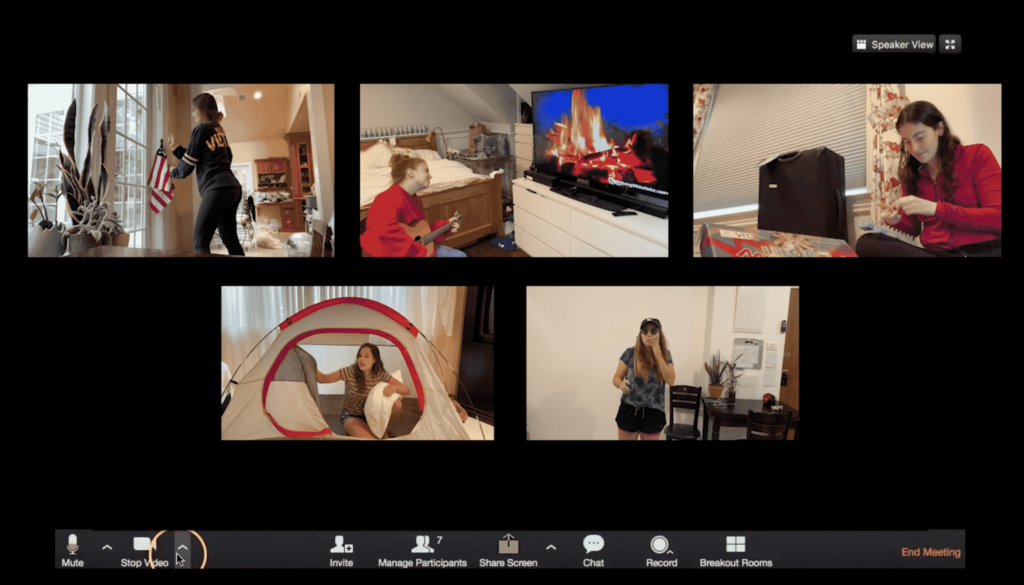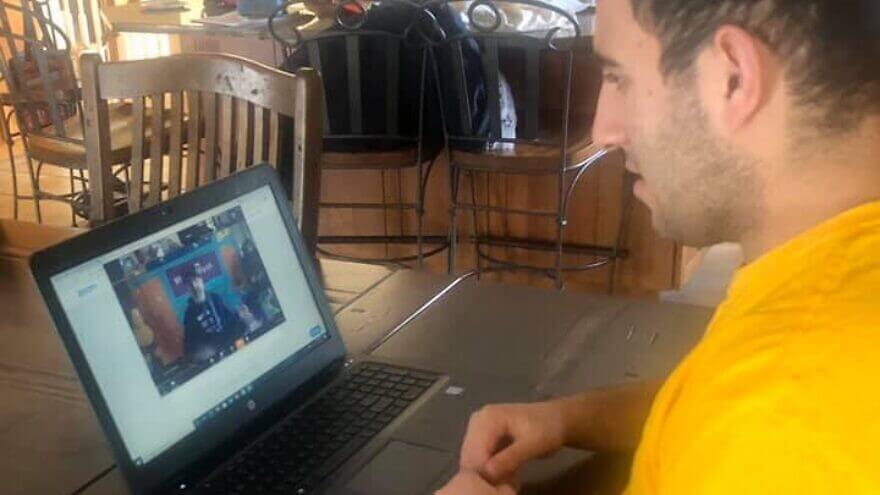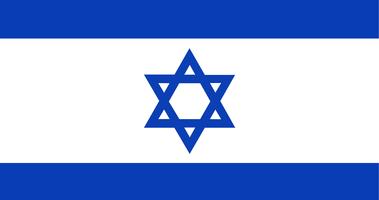Original Article Published on The Jewish News Syndicate
Say hello to Camp Yalla, which will bring entertainment and connections to kids in the most modern of ways.
This past March, when the reality of no school and parents working from home began to set in, a few young Jewish summer-camp lovers began to raise the next inevitable question: What if camps are unable to open this summer?
Mariel Falk and Avi Goldstein, veteran campers and staff members at Camp Modin in Maine, and a few friends with years of experience at other Jewish summer camps, created Camp Yalla—a virtual Jewish summer-camp experience for 8- to 12-year-olds.
“My heart was breaking over the loss of physical summer camps,” reports Miriam Lichtenberg, a veteran of both Camp Nesher in New Jersey and Camp Ramah, a network of camps affiliated with the Conservative movement. “I wanted to help rectify that and perhaps fill in the gaps that so many children would be missing—namely, community, friendship and a place to be your full self.”
Lichtenberg, will serve as Camp Yalla’s director of Jewish programming, says summer camp is “where I found myself.”
“It is where I made some of my closest friends, developed some of my fondest memories and have always been able to be my truest and best self,” she explains. “Camp Yalla gives me hope. At our camp, we will bring some of the best things about physical camp to our experience—the friendships, the laughs, the deepening of the self and the mind, the ability to be silly and free. Camp Yalla will have all of that, and I am immensely grateful and excited to be a part of that experience!!”

Camp Yalla will offer three two-week sessions from July 6 to Aug. 14. A free trial period will take place this month on three consecutive Fridays (June 12, June 19 and June 26), so parents can see whether their kids enjoy the format and decide whether or not to register for the summer. The camp’s founders are aware that potential participants have spent months in front of computer screens, and have been learning from educators about Zoom best practices and protocols. They report that they will be offering “activities geared towards fun and play.”
Campers will choose electives “that suit their interests and give them a sense of ownership over their day.”
To date, 50 campers have expressed interest in attending Camp Yalla. Each session will likely be capped at 120 participants.
‘Social connections are vital, even as we social distance’
Co-founder Avi Goldstein, a recent college graduate with 10 years of experience at New England’s Camp Modin—seven as a camper and three as a counselor—explains that Yalla will meet Mondays, Wednesdays and Fridays for an hour each morning and afternoon. Mornings will consist of bunk activities to “build community, foster friendships and teamwork.”
Afternoon electives will include such activities as arts-and-crafts, theater, dance and virtual field trips. On Fridays, campers, as well as siblings and parents, are invited to Shabbat services, which take place well before the start of the weekly holiday, followed on Saturday night with Havdalah.
Goldstein, who wrote her undergraduate thesis on the role of Jewish summer camps in the United States in the post-Holocaust period, stresses their desire to offer a taste of Jewish summer camp and to get kids “to want to go to any Jewish summer camp in the future.”
“We are so passionate about Jewish camping!” she practically gushes.

Goldstein and her team have been in conversation with Rabbi Avi Orlow, vice president of innovation and education at the Foundation for Jewish Camp, about ways to potentially “feed” campers to other Jewish summer camps when they reopen in the future. Yalla may succeed in offering a camping experience to first-timers, who will then become lifelong participants. “Our goal is to foster communication, imagination, fun and positivity—and to get kids to want to go to any Jewish camp!”
Many Jewish summer camps and camping movements are exploring ways to offer camping virtually this summer, as well as ways to send “camp in a box” packets to families and to offer small family camps on their camp sites. “I am calling this the ‘summer of learning’ because camps will need to pilot new ways to engage, inspire and connect with their communities,” notes Jeremy J. Fingerman, CEO of Foundation for Jewish Camp.
Goldstein and her team are getting a well-rounded education in all aspects of running a Jewish summer camp. In addition to learning about offering programming online, they are learning about marketing, budgeting, staff hiring, payroll and the effective use of social media.
While offering Jewish summer camping online is new and uncharted, there may be benefits for both campers and families.
David Bryfman, CEO of the Manhattan-based Jewish Education Project, observes that “while summertime is often associated with separating ourselves from our screens, this year offers an opportunity for kids all around the world to engage with one another in meaningful, fun and social experiences. If we are to learn anything from this pandemic, it is that social connections are vital, even as we social distance.”
With children meaningfully engaged this summer, their parents may get a few minutes of downtime. “During this time—and maybe even more so in the summer months—parents need to be kind to themselves,” suggests Bryfman. “Giving yourselves a couple of hours ‘off-duty’ while your children attend virtual summer camp might be exactly what you need to be the best parents you can for the entire summer.”



